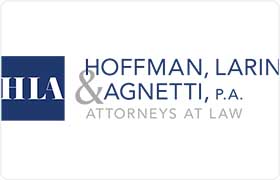Key Biscayne Credit & Debt Lawyer, Florida, page 5
Sponsored Law Firm
-
 x
x

Click For More Info:
-
Hoffman Larin & Agnetti, P.A.
909 N Miami Beach Blvd Suite 201 Miami, FL 33162» view mapBankruptcy and Debt Experience and Results Matter
Hoffman, Larin & Agnetti have offices in South Florida. We have a long list of satisfied, well-represented clients since our firm opened in 1975.
800-893-4280
Andy Raul Hernandez
Commercial Real Estate, Litigation, Credit & Debt
Status: In Good Standing Licensed: 16 Years
Ken Taninaka
Litigation, Civil Rights, Contract, Credit & Debt
Status: In Good Standing Licensed: 17 Years
 Martin Hoffman Miami, FL
Martin Hoffman Miami, FL
